莎妹書:Be Wild :不良(雙書衣隨機出貨) | 如何做好生意 - 2024年11月
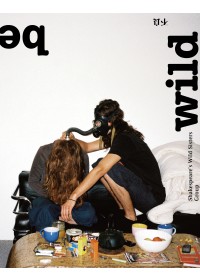
莎妹書:Be Wild :不良(雙書衣隨機出貨)
雙書衣隨機出貨,隨書附贈「莎妹劇團十五年作品輯冊《S》」
林書豪Jeremy Lin如何從板凳球員變身NBA巨星,Steve Jobs怎樣讓Apple從谷底攀升,Lady Gagaㄧ夕成名的心路歷程,Madonna縱橫歌壇30年的祕訣,Mark Zuckerberg成功的幕後故事,Adele何以讓全球樂迷為之瘋狂......
這本書通通不會告訴你。
Damn Useless Art!
用途說明:本書重達兩公斤,外出可裝氣質,居家用於健身,殺人足以滅口。
莎士比亞的妹妹們的紙上?真?場 影像+拼貼+文學+設計的混種策演、跨域暴動
Interpretation Not Available 不良,沒什麼好解釋的
Be Wild 不良 Theatre on Paper by Shakespeare's Wild Sisters Group Riots and Hybrids of Images, Montage, Writings and Design Photography Ting Cheng Collage Art Yi-hsuan Lin Graphic Design Aaron Nieh and 47 Authors
攝影 鄭婷 X 拼貼 三色井 X 平面美術 聶永真 X 莎士比亞的妹妹們的劇團
以及
夏宇的離騷,紀大偉的文本分析,陳俊志的迷幻經驗,鯨向海的診療室,楊佳嫻的愛情清單,個人意見的時尚報告,駱以軍的夢,李維菁的房間,胡淑雯的啦啦啦,童偉格的外勞紀事,王盛弘的食譜,伊格言的科幻物語,零雨的逃亡路線,陳宏一的閱讀高潮,孫梓評的百無聊賴,黎煥雄的?示錄,隱匿的經痛,阿米的在路上,夏夏的氣象預報,葉覓覓的外星人奇遇,林蔚昀的戀人絮語,林婉瑜的相親相愛,小西的宅女日記,宋國臣的戀物癖,蔡仁偉的拼圖,李時雍的回程,唐捐的往事風景,王榆鈞的夜遊,印卡的餓,阿芒的婦科掛號,黃羊川的方向感,章芷珩的斷代史,張雍的物理學,崔香蘭的畫畫課,張雪泡的無言歌,簡莉穎的拉子讀本,張午午的體操,潘家欣的星座命盤,崔舜華的備忘錄,吳億偉的分手擂台,顏忠賢的神祕教派,萬金油的養樂多,廖偉棠的煉獄,丁名慶的連鎖信,吳俞萱的手足情深,陳允元的剃刀,郭一樵的後青春期,鄭智源的遺書
從台北、香港、澳門、北京、上海、釜山、東京、柏林、新加坡、神戶及巴黎、紐約,走遍國際各大城市,征戰大小藝術節,創團至今17年,莎士比亞的妹妹們的劇團不僅是國內前衛劇場代名詞,也是台灣最老字號的小劇場團體,屢次走上國際舞台深獲矚目,帶動潮流的美學品牌。
「Be Wild」是莎妹創作的核心精神,不僅意味著小劇場的「野生」性格,更象徵莎妹的酷異於主流與傳統劇場路線,不是模範生、不打安全牌,百無禁忌,挑釁卻不冒犯,瘋狂玩耍的狂野姿態。「Be Wild」是對正典的叛逆,是莎妹作品風格與美學態度上的指標。
厚達664頁,歷經2年不斷自我推翻與否定的編輯過程,在出版形式上堅持莎士比亞的妹妹們的劇團一貫追求創新實驗美學,讓出版成為行動,演出,觀念,更是一場紙上策展。本書不僅集結記錄了莎妹自1995年創團以來的41齣作品,更以「開放文本,命題作文」的概念,找來新銳攝影師鄭婷、拼貼藝術家三色井、平面設計師聶永真,與四十七位作家詩人,以影像,文字,拼貼與設計等混合媒材,互文衍繹,賦予劇場作品全新而多元的解讀與觀看角度。
全書分為兩大單元,「How to be Wild」(不良示範),宛如一個紙上寫真劇場,參與的藝術家和作家與莎妹的作品平行創作,以多元表述的自由書寫,提供另一種閱讀形式的想像與可能。「Born to be Wild」(不良紀錄)則以「簡史」、「文本」、「工法」、「元素」、「評論」、「訪談」拆解剖析論述,並佐以創作手稿,後設式地解構莎妹作品美學。穿插其間的「妹妹們時態變化」,則召喚出10餘位古今中外以S為名的不良妹妹,「明貶暗褒」其敗德行徑。
本書特色
◎先鋒文化,潮牌美學的不良行徑:莎士比亞的妹妹們的劇團15年41部作品集結回顧╱拆開解構╱分析詮釋╱各自表述。
◎ 紙上劇場,視覺展演的不良衍繹:攝影鄭婷+拼貼三色井+平面美術聶永真的重新創作╱蓄意挑釁╱直覺美感╱圖像對位。
◎聚眾滋事,集體犯規的不良組合:47位作家詩人的命題作文╱平行書寫╱斷章取義╱撒野掃射╱精準噴發。
◎煽動革命,跨界暴動的不良形式:攝像、拼貼、文字、設計,史無前例的文本開放╱意義互詮╱媒材混種╱閱讀雜交。
莎士比亞的妹妹跟莎士比亞一點血緣關係都沒有。 Shakespeare's Wild Sisters have nothing to do with Shakespeare.
作者簡介
鄭婷∣攝影
四歲上了幼稚園,七歲停止包尿布,十七歲得到第一台傻瓜相機,之後就一直當傻瓜當到登大人。
www.ting-cheng.com/
Photography Ting Cheng
Born in Taipei, Taiwan. Lives and works in Taipei / London.
三色井∣拼貼
國立台北藝術大學美術系,實踐大學時尚與媒體設計研究所,目前旅居巴西。
www.flickr.com/photos/linyihsuan/
個展 2010 《POR ESTOS DiAS 日子》,LAENE,阿根廷 2009 《三色井》,畫廊,高雄 2007 《MAG DAYS》,Salt Peanuts,台北 2006 《警察檔案的貼紙》,南北畫廊,台北
Collage Art Yi-hsuan Lin 1985 born in I-lan , Taiwan Department of fine Arts, Taipei National University of the Arts, Taipei, Taiwan 2007
SOLO EHIBITION 2007 《POR ESTOS DiAS 日子》,LAENE,Argentina 2009 《三色井》,The gallery,Kaohsung 2007 《MAG DAYS》,Salt Peanuts,Taipei 2006 《The Sticker of Police File》,Nai-Bei Gallery,Taipei
莎士比亞的妹妹們的劇團
1995年夏天,由藝術總監魏瑛娟等一群當年台大話劇社成員共同創立的莎士比亞的妹妹們的劇團,團名源於英國女作家維吉尼亞.吳爾芙的《自己的房間》一書中所虛擬的角色,意在解除女性才華被男性體制壓抑的魔咒。翻滾跑跳江湖多年,莎妹劇團不僅堪稱國內前衛劇場代名詞,也是台灣最老字號的小劇場團體,創作質量均風和經營穩定,培養了一票死忠粉絲,更是屢次走上國際舞台深獲矚目的帶動潮流的美學品牌。每年持續受邀於不同國家、城市,展演新作,曾赴香港、澳門、北京、上海、釜山、東京、柏林、新加坡、神戶及巴黎、紐約等地演出,在國際城市文化或藝術交流上扮演重要角色。
1995年至2010年間,莎妹劇團共發表了四十一部作品,創作力豐沛,其中2002年王嘉明編導的《Zodiac》獲選第一屆台新藝術獎年度十大表演藝術,2007年作品《殘, 。》更獲第六屆台新藝術獎年度十大表演藝術及評審團特別獎,2008年作品更以Baboo的《給普拉斯》及王嘉明的《請聽我說─豪華加長版》雙雙入圍第七屆台新藝術獎年度十大表演藝術,2009年作品《膚色的時光》更榮獲第八屆台新藝術獎「表演藝術類」首獎殊榮。《給普拉斯》赴法國外亞維儂藝術節演出,法國第二電視台記者、《馬賽劇場》雜誌分別給予高度評價,亞維儂藝術節的前主席Bernard Faivre d'Arcier更肯定該作為「在今年亞維儂藝術節無可取代」,該劇獲策展人青睞,至今仍持續巡演法國各城市。
Shakespeare’s Wild Sisters Group www.swsg95.com.tw/
Founded in the summer of 1995, Shakespeare's Wild Sisters Group owes its name to the fictional character in Virginia Woolf’s novel A Room of One’s Own, meaning to liberate women’s talents from the oppression of patriarchy. Limiting itself to no specific issues or convention alaesthetics, SWSG takes materials from all arts inspiring to create original theatrical works. Having been to Hong Kong, Macau, Beijing, Shanghai, Busan, Tokyo, Berlin, Singapore, Kobe, Paris, and New York, SWSG has been invited by various cities and countries to perform, and takes an important role in international city culture and artistic exchange for many years.
The SWGS has now issued over forty theatrical works to date. Zodiac, written and directed by WANG Chia-ming, was selected Top 10 in the 1st Taishin Performing Arts Awards. The 2007 production Tsen,。received a Top 10 Performing Arts nomination and Special Jury Award in the 6th Taishin Arts Awards. In 2008, Baboo’s directed work Hsu Yen-ling × Sylvia Plath and WANG Chia-ming’s directed work Listen to Me, Please~ Deluxe extended version were both nominated Top 10 in the 7th Taishin Performing Arts Awards, the former presented again in Avignon Off Festival, France in 2009, and earned high praises from former Chair of the Festival Bernard Faivre d’Arcier. Director WANG Chia-ming’s Once, upon Hearing the Skin Tone received first prize in the 8th Taishin Performing Arts Award.
序之一取代解釋學,我們需要藝術的情色觀──莎妹的反詮釋劇場紀蔚然 (國立臺灣大學戲劇系教授)莎士比亞的妹妹們的劇團無疑是1990年代中期以來,台灣劇場界最前衛、最勇於挑戰美學界限與觀眾的劇團。這個劇團名字怪,風格更怪;它的組合也很奇怪。雖說是台大幫(創始團員都自台大畢業),但其實是雜牌軍,成員來自不同科系,且沒有一個是科班出身。據我所知,幾個核心團員私底下各過各的,不搞麻吉,讓外人感覺不出革命情感,或許因為如此,團內少有人事紛爭,沒有個性衝突,所以才可以活這麼久。自1995成立以來至今,莎妹一共推出四十一部作品。其中,我觀賞了一些,有的在台灣,有的在國外。雖然曾寫過劇評,我不敢說完全了解莎妹到底在搞什麼鬼。《王記食府》大概是我最有把握「看得懂」的一齣:不過是兩個人煮菜給觀眾吃,主戲是那幾道一中一西的菜色,我們只要動用舌頭,不用偏勞智力,便能對它品頭論足。 我:好不好吃? 妻:還不錯。 我:但這算是劇場嗎?這是我寫過最短的劇評,而且頭一遭用「好不好吃」起頭。然而,這是否為劇場的提問頗為貼切。莎妹極難歸類。反戲劇、反敘述、反人物、反道德、反人文主義的文人劇場、風格取向劇場、概念劇場、後現代劇場、後後現代劇場、不食人間煙火劇場……這些都適用,卻沒一個是真正貼切的。從觀眾的角度,我們或可藉由蘇珊‧宋坦(Susan Sontag)「反詮釋」的概念進一步了解莎妹。宋坦提倡反詮釋,認為詮釋是強制賦予作品意義的暴力,在西方這種衝動自柏拉圖以降以至於今,從未稍歇,如今來到批評專業化的年代,更形氾濫。詮釋是反動的,使作品窒息,她說。在詮釋的過程中,純粹的能量被智力遏抑了,感官因理性而變得遲鈍了。莎妹的劇場重感官,甚至在文字充斥的戲碼裡,自我反射性的文字的也是為了勾引感官,而不只是抒情表義。「取代解釋學,我們需要藝術的情色觀。」就這一點而言,莎妹完全辦到了。我戲稱莎妹為「不食人間煙火劇場」,因為乍看之下,莎妹好似不食人間煙火,然而在這十六年裡的四十一部作品,所有關乎人間煙火的命題,如愛情、疏離、寂寞、生命、死亡、身體、回憶、幻想、社會、歷史,甚至時尚等等都有淋漓盡致的呈現。只不過,呈現的方式不是我們熟悉的寫實,也不是我們習以為常的敘事:它的質地既感官又細緻,既形而上又具體而微。In place of a hermeneutics we need an erotics of art: the interpretation-resistant theatre of SWSG Wei-jan Chi , professor of Drama and Theatre at National Taiwan UniversityWithout a doubt, Shakespeare’s Wild Sisters Group is the most avant-garde company of Taiwanese live theatre since the mid 1990s and the bravest in terms of challenging aesthetic limits and theatre-goers.Its name is weird and its style is weirder, not to mention the weirdness of the team itself. Though it can be labeled an NTU gang for being founded by graduates of the National Taiwan University, the team is a mixed bag in fact, with current members from various disciplines none of which is actually “theatre studies”. As far as I know, the few core members have separate personal lives – no in-group entanglement here -- such that casual onlookers may be unable to discern much camaraderie among them. Perhaps this is precisely why the company seldom has administrative disputes or personality conflicts, enabling it to have survived for so long.Since its founding in 1995, SWSG has released 41 works in total. Some of these I have seen in Taiwan and others abroad. Despite having reviewed them, I dare not claim that I entirely understand how SWSG mucks around with things. One work that I most confidently “understand” is “Mansion de Wangs” -- though it entails two people cooking dishes to be tasted by the audience, enabling us to appraise the featured Chinese and Western dishes with our pallates only, not our frontal-lobe intellect. Me: How does it taste?My wife: Not bad.Me: But is this theatre?That was the shortest review I have written and the first time I have opened my writing with the phrase “how does it taste”. “Is this theatre?” is nevertheless an apt question.SWSG is extremely difficult to label. Call it anti-dramatic, anti-narrative, anti-character, anti-morals, anti-humanist artsy theatre; or call it style-oriented theatre, conceptual theatre, post-modern theatre, post post-modern theatre, ivory tower theatre…… all these are applicable but none truly befitting. As viewers, we can perhaps better understand SWSG through Susan Sontag’s discussion of “anti-interpretation”.Sontag is against interpretation; she regards it as an agreession forcing meaning upon the work. In the West, this impuse has neither ceased nor abated since the time of Plato, and has only overflowed in this era of professional criticism. According to Sontag, interpretation is largely “reactionary” and “stifling”, a process entailing “the hypertrophy of the intellect at the expense of energy and sensual capability.” The theatre of SWSG, however, accentuates the sensual. Even in their text-heavy works, reflexive words serve not only to emote and inform but also to entice the senses. “In place of a hermeneutics we need an erotics of art,” wrote Sontag; in this regard, SWSG has thoroughly succeeded.I call SWSG “ivoary tower theatre” in jest because, at first glance, they indeed seem to dwell therein. Yet among the 41 works they presented over the past 16 years they have vividly rendered all the wordly topics from beyond the tower, including love, alienation, loneliness, living, dying, the flesh, memories, fantasies, society, history and even fashion. It is merely that their manners of expression are neither literal nor narrative as we would otherwise find comfortable or familiar. Their texture is both sensual and nuanced, both metaphysical and concrete with details.
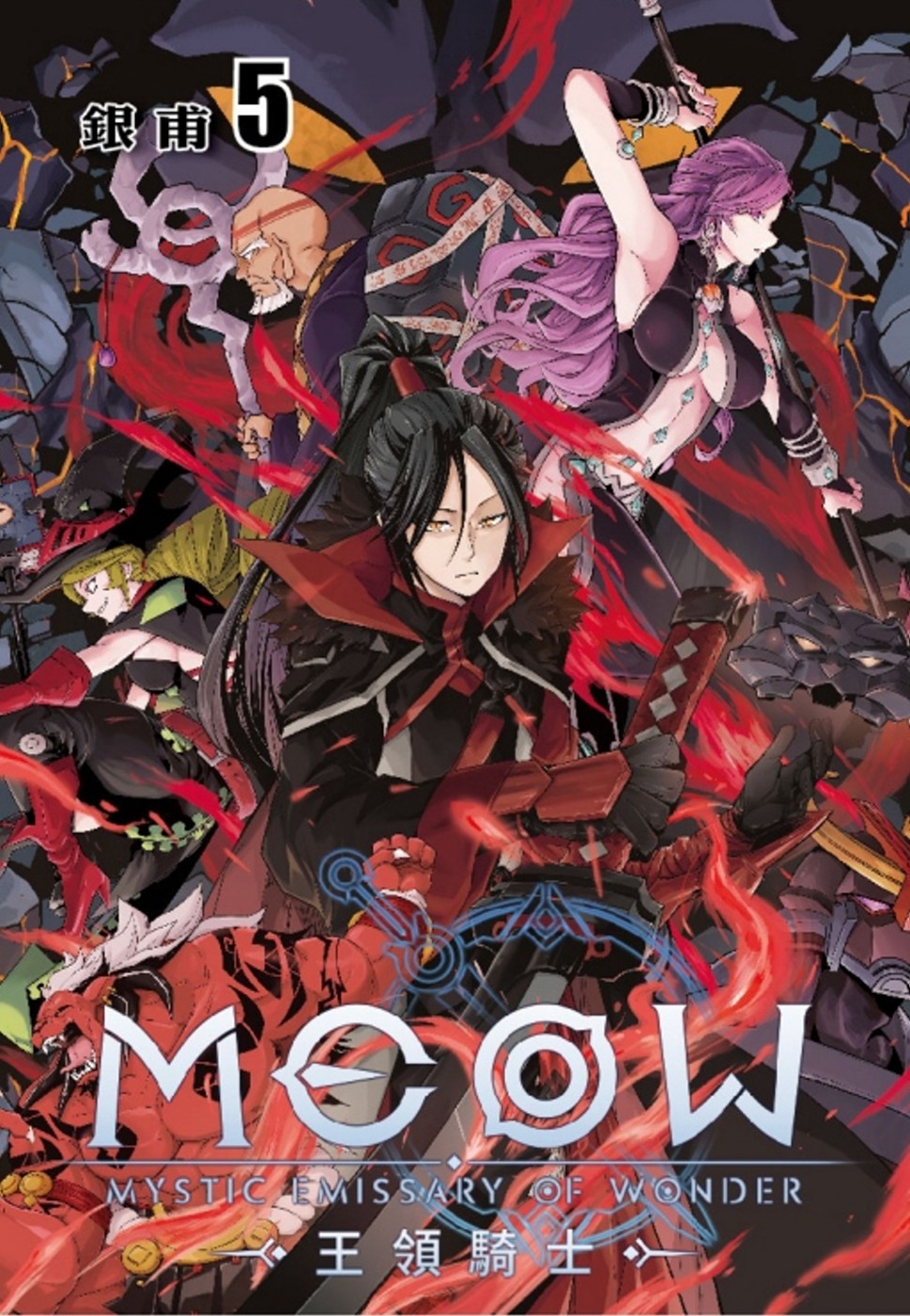 王領騎士 5 (首刷附錄版)
王領騎士 5 (首刷附錄版)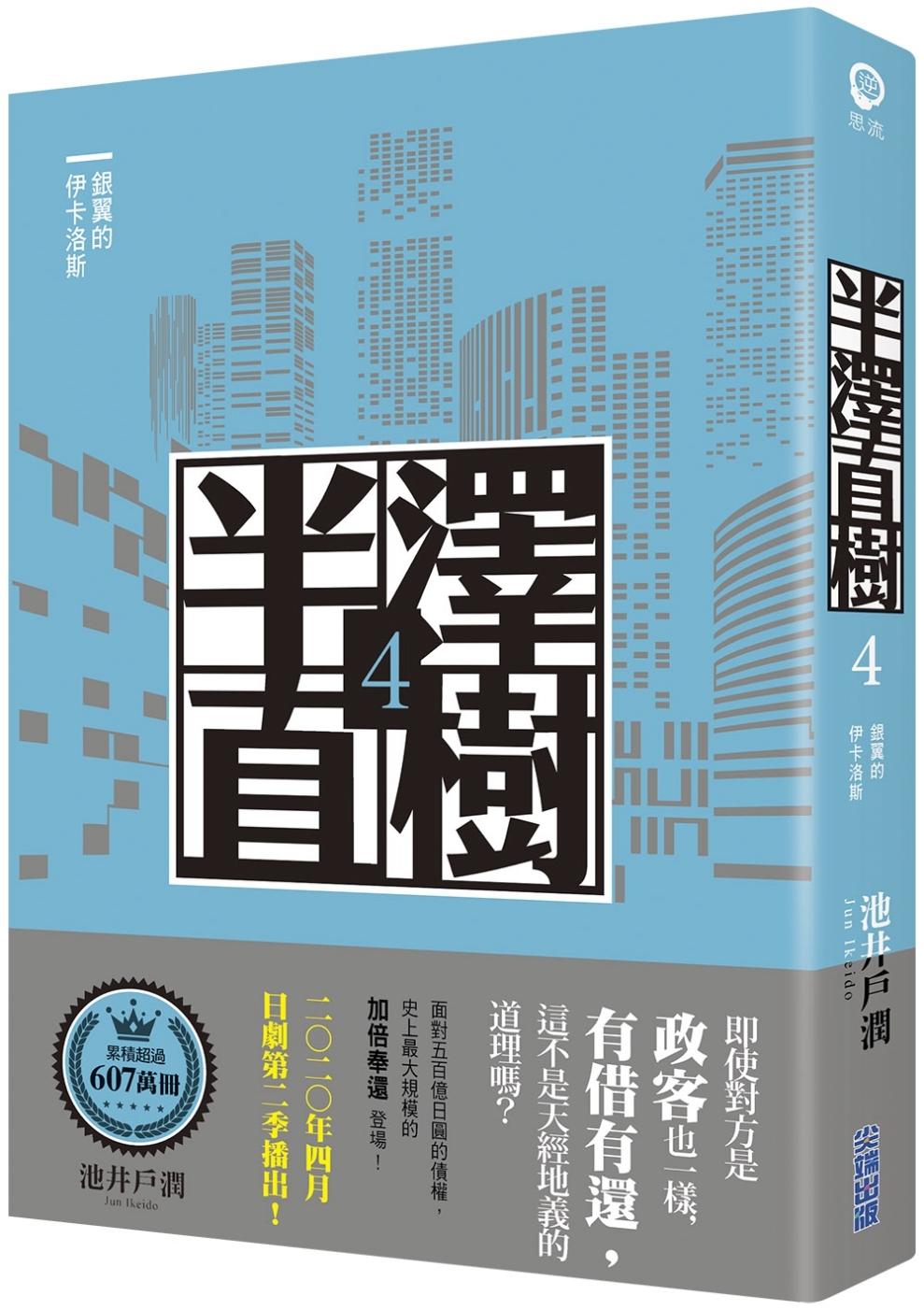 半澤直樹系列4:銀翼的伊卡洛斯
半澤直樹系列4:銀翼的伊卡洛斯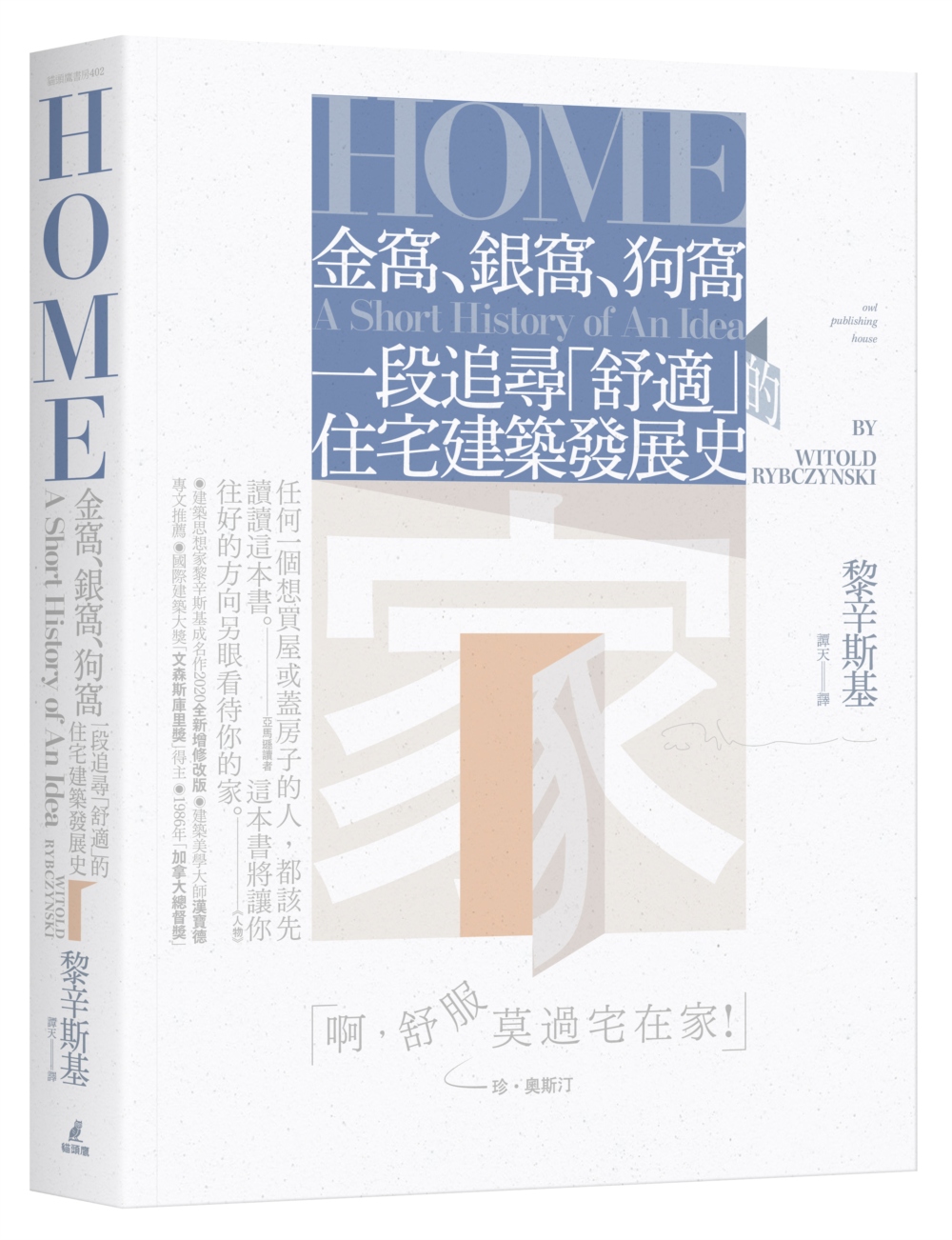 金窩、銀窩、狗窩:一段追尋「舒適」...
金窩、銀窩、狗窩:一段追尋「舒適」... 最新高雄美食散步地圖:在地老饕告訴...
最新高雄美食散步地圖:在地老饕告訴...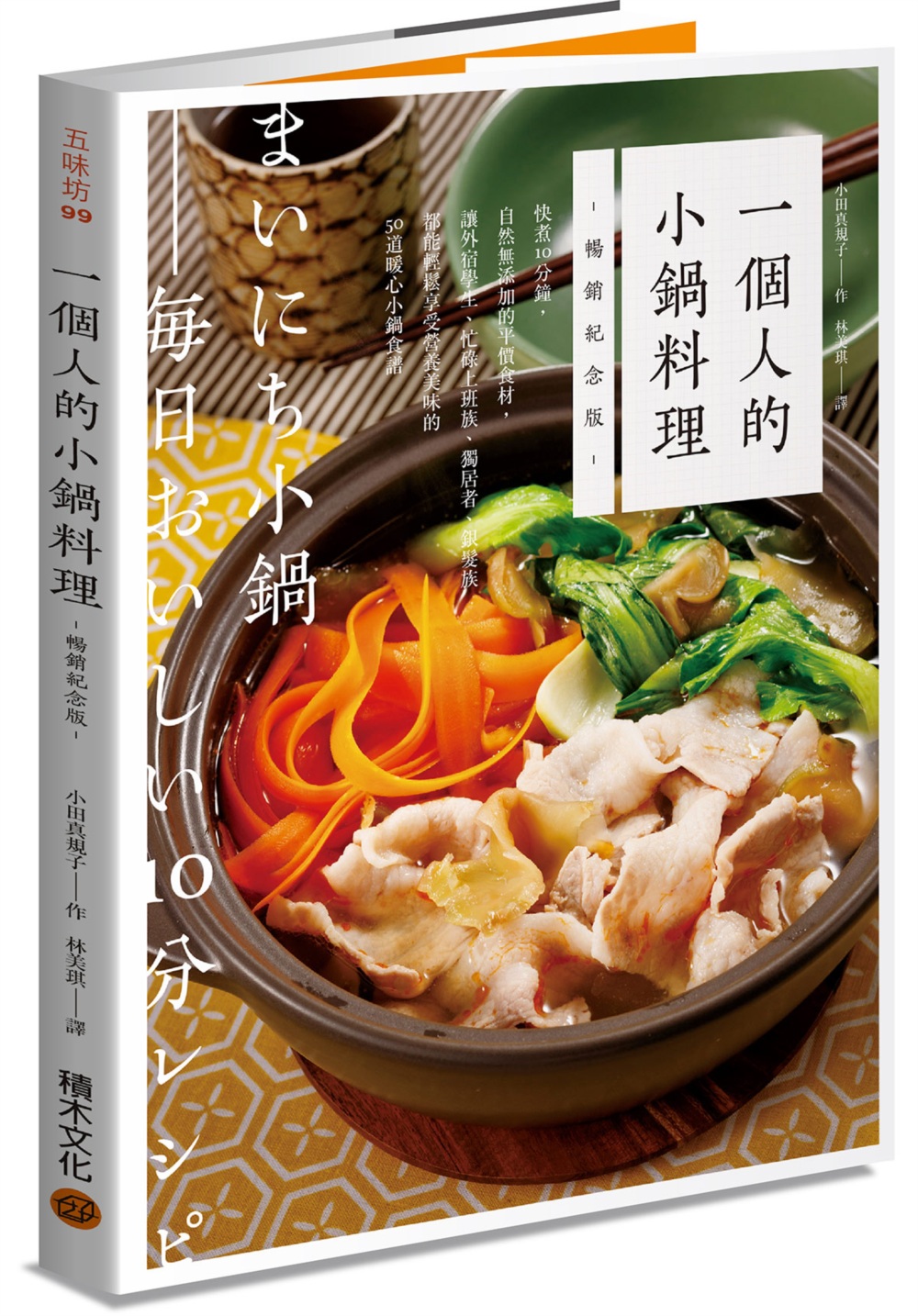 一個人的小鍋料理(暢銷紀念版):快...
一個人的小鍋料理(暢銷紀念版):快... 作業環境控制工程
作業環境控制工程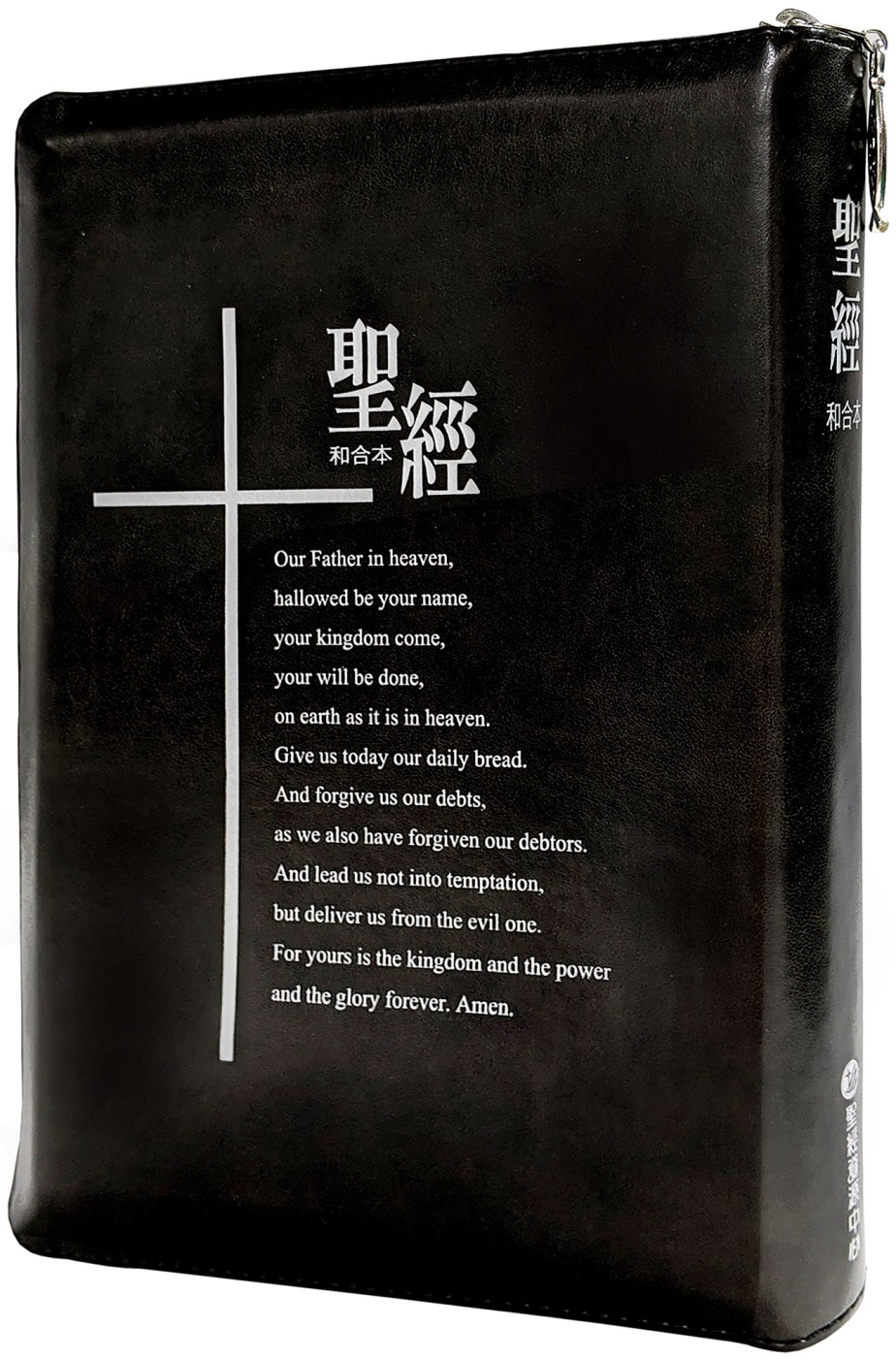 聖經:和合本(黑色儷皮禱告壓紋拉鍊...
聖經:和合本(黑色儷皮禱告壓紋拉鍊...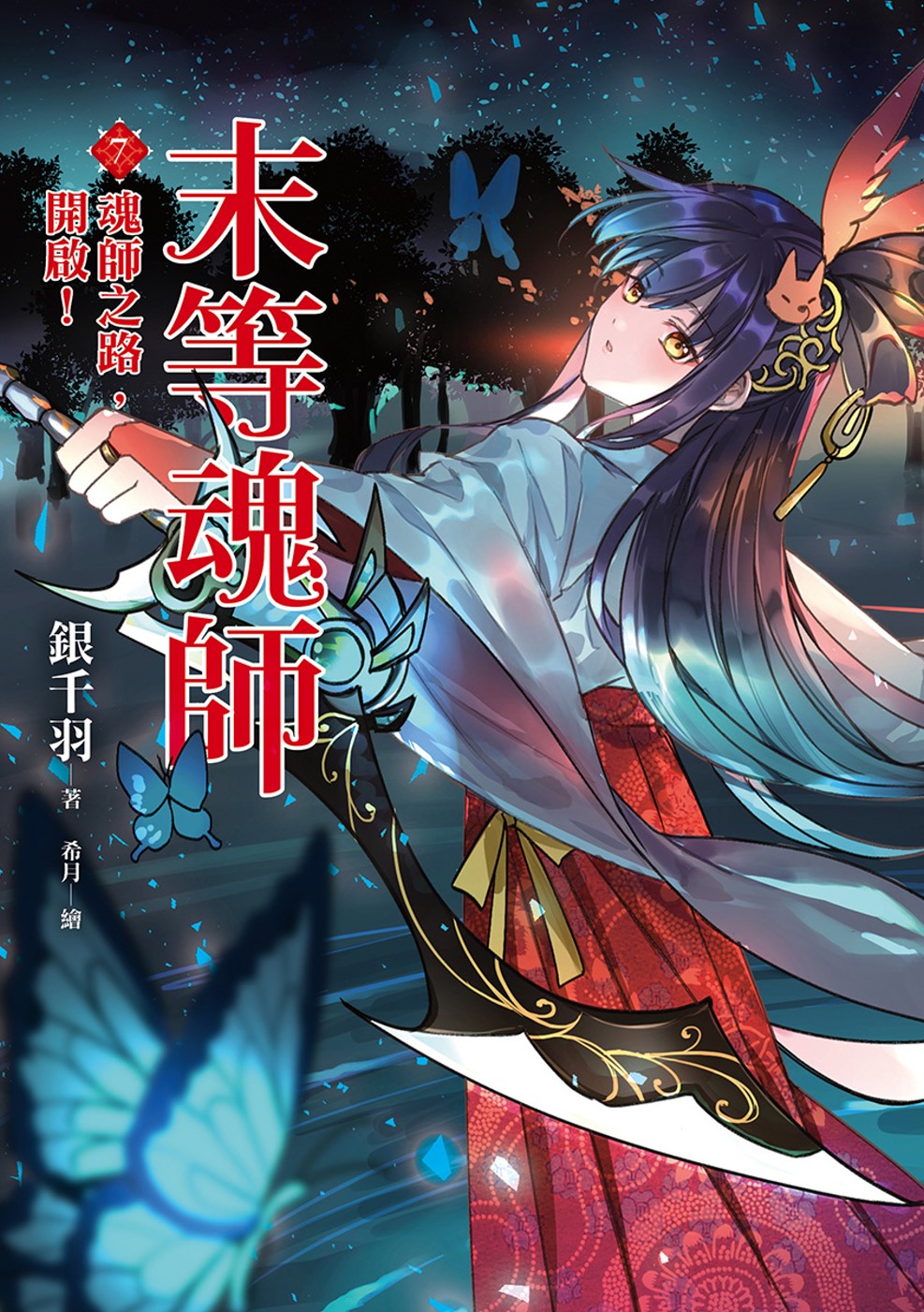 末等魂師(7)魂師之路,開啟!
末等魂師(7)魂師之路,開啟!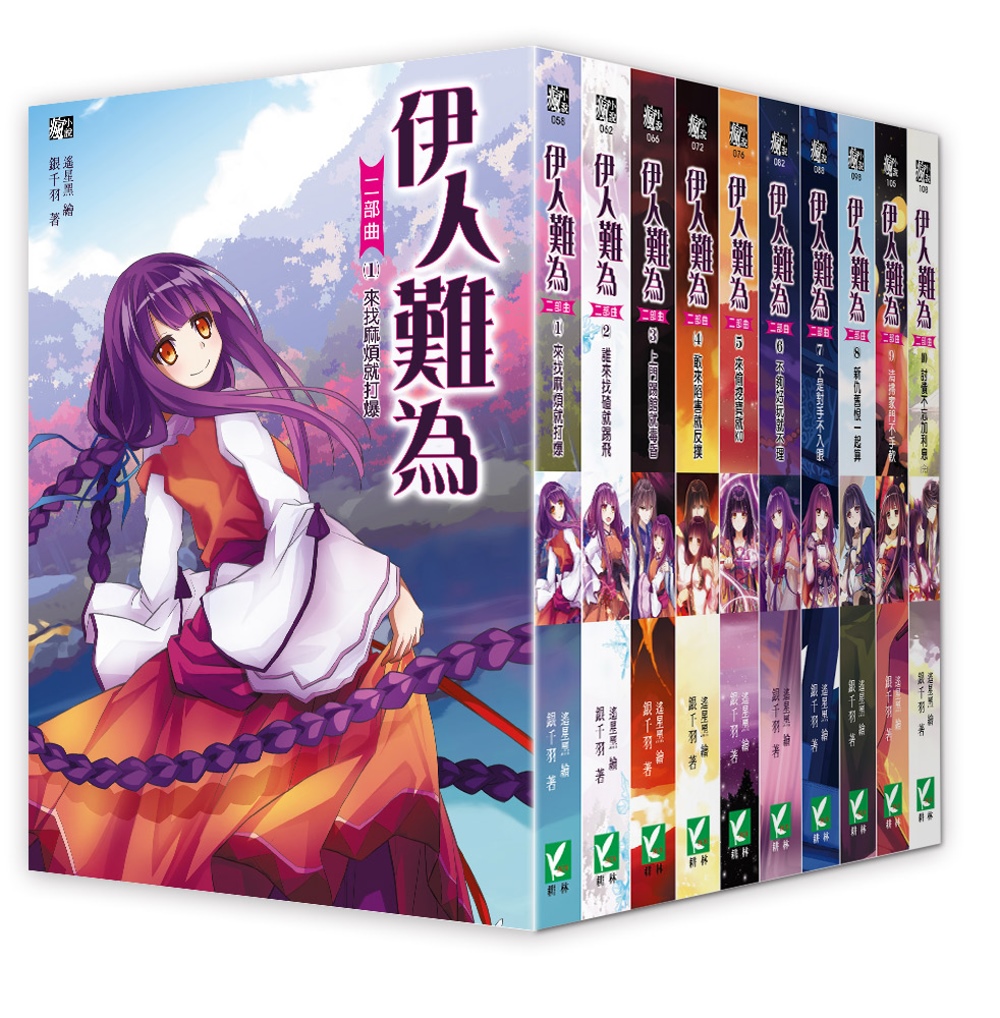 伊人難為二部曲1-10 套書(無書盒版)
伊人難為二部曲1-10 套書(無書盒版)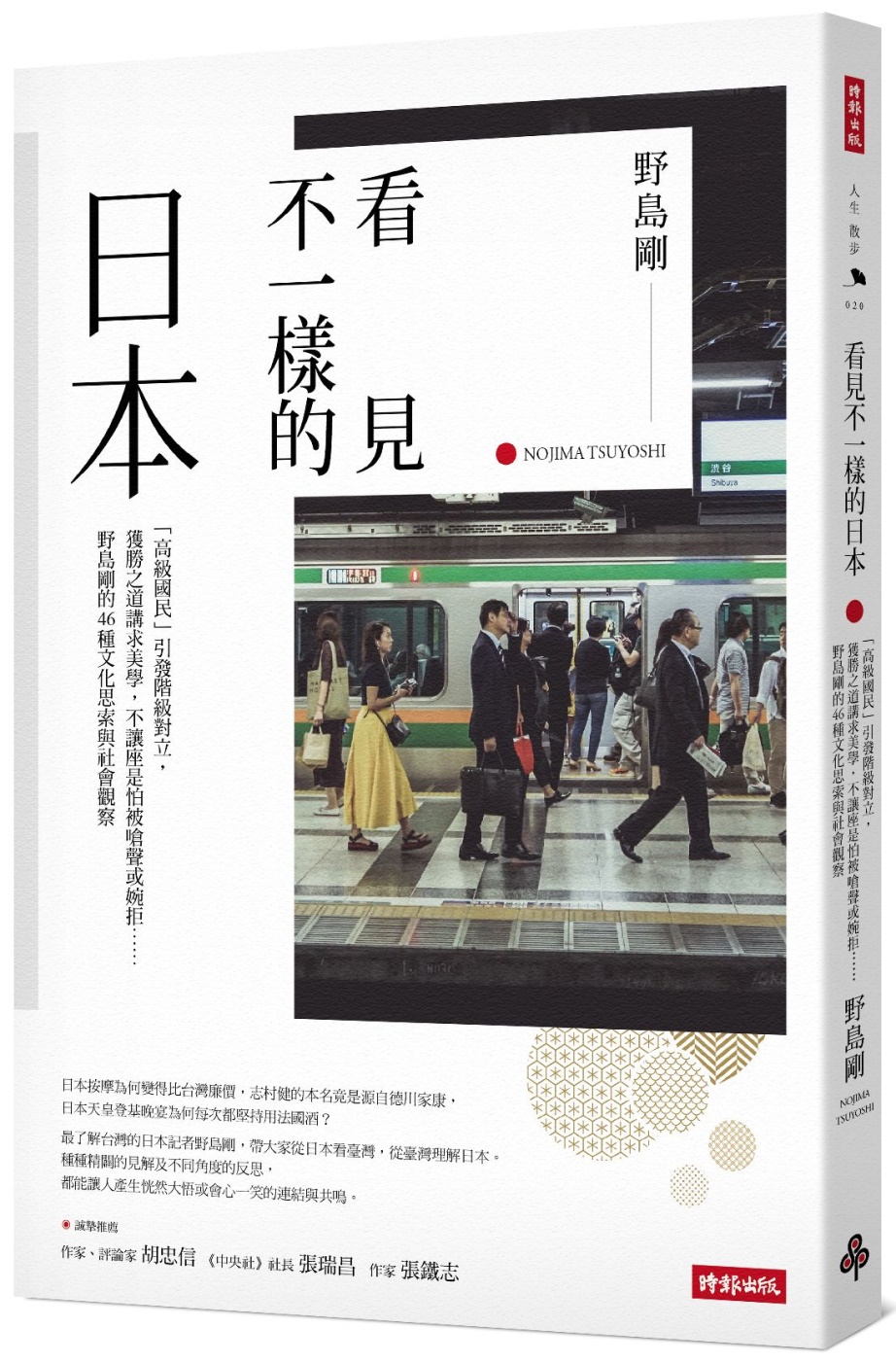 看見不一樣的日本:「高級國民」引發...
看見不一樣的日本:「高級國民」引發...